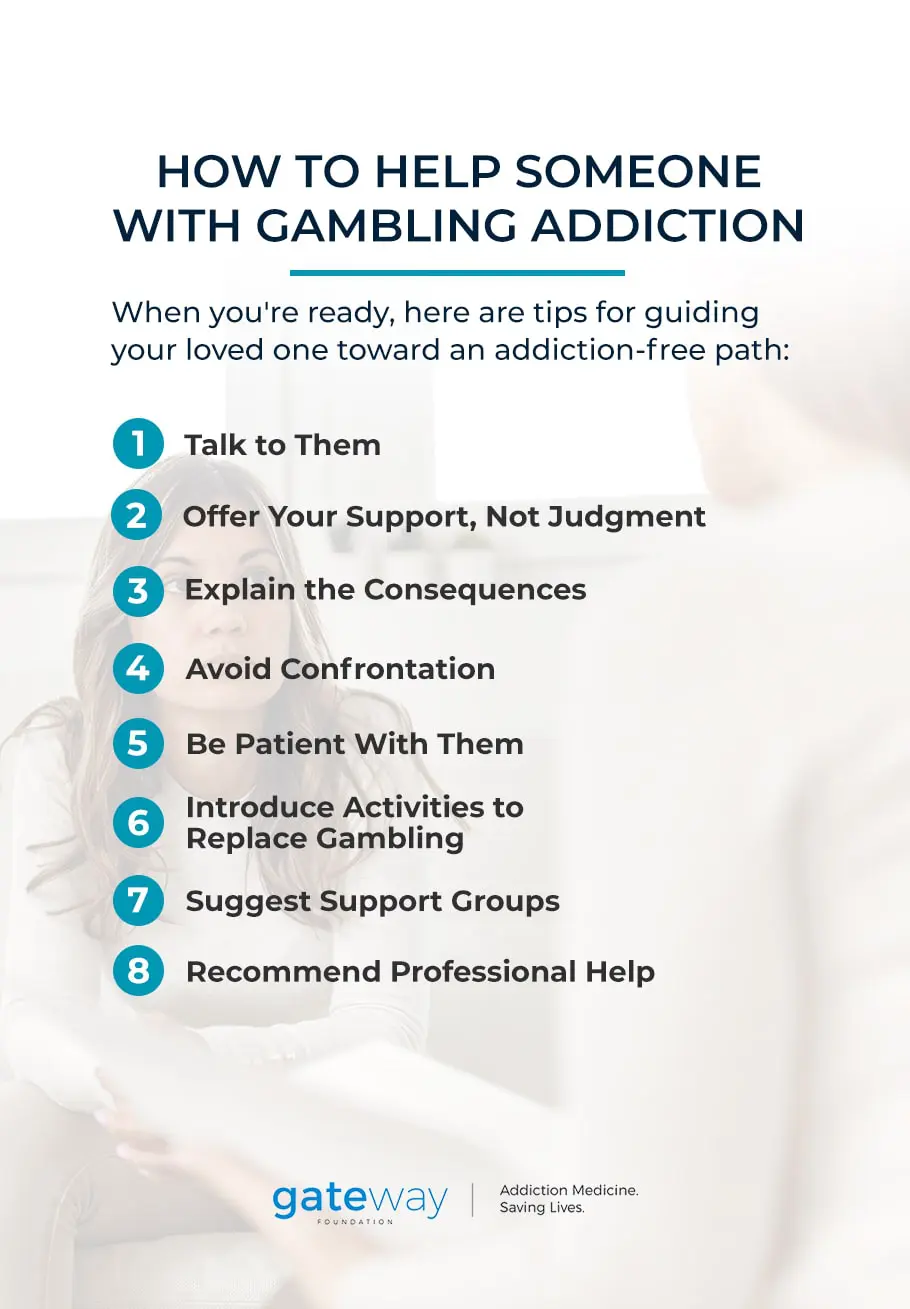Is self-help effective in dealing with gambling addiction? If you or someone you know is struggling with this issue, you’ve come to the right place. In this article, we’ll explore the effectiveness of self-help methods in overcoming gambling addiction. Whether it’s through support groups, online resources, or individual strategies, we’ll delve into the options available and provide insights to help you make informed decisions. So let’s dive in and discover how self-help can make a difference in the journey of overcoming gambling addiction.
Gambling addiction can have a devastating impact on individuals and their loved ones. It’s important to recognize that seeking help is a crucial step towards recovery. Many people wonder if self-help strategies can be effective in dealing with this addiction. The answer is, it depends. While self-help approaches can be valuable for some individuals, others may require additional support from professionals. Let’s explore the different aspects of self-help and its potential benefits and limitations in addressing gambling addiction.
Self-help entails harnessing the power within oneself to make positive changes. It involves seeking knowledge, engaging in self-reflection, and implementing strategies to overcome challenges. When it comes to gambling addiction, self-help may involve understanding triggers, developing coping mechanisms, and setting personal boundaries. However, it’s important to remember that seeking professional help, such as therapy or counseling, should also be considered for a comprehensive approach to recovery. With this knowledge, you can make an informed decision about whether self-help is the right path for you or your loved one.

Is Self-Help Effective in Dealing with Gambling Addiction?
Gambling addiction is a serious issue that affects millions of people worldwide. For those struggling with this addiction, finding effective methods of treatment and support is crucial. One approach that many individuals turn to is self-help. Self-help refers to the practice of using personal resources, strategies, and tools to address and overcome an addiction without professional assistance. In the case of gambling addiction, self-help may involve reading self-help books, attending support group meetings, utilizing online resources, and implementing self-imposed restrictions. However, the question remains: Is self-help truly effective in dealing with gambling addiction? Let’s explore this topic in more detail.
The Role of Self-Help in Overcoming Gambling Addiction
1. Understanding the Nature of Gambling Addiction
Gambling addiction is a complex psychological condition that requires comprehensive treatment. It’s important to understand that self-help should not be seen as a standalone solution but rather as a supportive tool in the recovery journey. Self-help resources can provide valuable insights into the nature of addiction, its underlying causes, and the psychological processes at play. They can help individuals gain a deeper understanding of their addiction, which is an essential step towards recovery.
Addictions often thrive in isolation, and self-help initiatives can combat this by promoting a sense of connection and community. Support groups, whether in-person or online, offer a platform for individuals to share their experiences, receive guidance from others who have successfully overcome addiction, and develop coping strategies. The shared empathy and encouragement from like-minded individuals can foster a sense of belonging and reduce feelings of isolation.
2. Developing Personalized Strategies
Another benefit of self-help in dealing with gambling addiction lies in its capacity to empower individuals to take control and develop personalized strategies for recovery. By exploring self-help resources, individuals can identify different tools and techniques that resonate with them personally. This process allows for the development of coping mechanisms and relapse prevention strategies tailored to their specific needs.
Self-help materials often provide practical exercises, journaling prompts, and step-by-step guides that individuals can utilize to develop a comprehensive recovery plan. These resources encourage self-reflection, helping individuals identify triggers, address underlying emotional issues, and set achievable goals. Accessible and flexible, self-help methods can adapt to an individual’s unique circumstances, schedules, and preferences, making them a valuable part of the recovery journey.
3. Bridging the Gap to Professional Help
While self-help can be a valuable and empowering approach to dealing with gambling addiction, it’s important to recognize that it may not be sufficient on its own. For severe cases or individuals who are unable to overcome their addiction through self-help methods, professional assistance may be necessary. Self-help initiatives can serve as a bridge to professional help, paving the way for individuals to seek more intensive treatment options, such as therapy or counseling.
Self-help can provide individuals with the knowledge and motivation to take the first steps towards recovery, ultimately leading them to seek professional guidance. Moreover, self-help practices such as attending support group meetings can also enhance the effectiveness of professional treatment by reinforcing the strategies and insights gained through therapy.
The Effectiveness of Self-Help Methods
1. Benefits of Self-Help in Dealing with Gambling Addiction
Self-help methods can offer numerous benefits for individuals struggling with gambling addiction. Firstly, they provide a sense of autonomy and control over the recovery process. This empowerment can be empowering and boost motivation to overcome addiction. Additionally, self-help resources are usually accessible and cost-effective, allowing individuals to access support without financial barriers. The convenience of self-help methods, such as online resources and mobile applications, also ensures that individuals can access tools and support whenever they need it, enhancing their success in managing and recovering from gambling addiction.
2. Limitations and the Need for Professional Support
While self-help methods can be effective for some individuals, it’s essential to recognize their limitations. Gambling addiction is a complex condition that often requires professional intervention to address underlying psychological issues and provide targeted treatment strategies. Professional assistance can provide a higher level of expertise, individualized treatment plans, and ongoing support that may not be readily available through self-help resources alone. Therefore, while self-help methods can be a valuable component of the recovery journey, it’s important to seek professional help when needed.
3. Finding a Balance
In conclusion, self-help can play a significant role in dealing with gambling addiction, offering valuable insights, strategies, and a sense of community. However, it is important to find a balance and combine self-help practices with professional support to ensure the best chance of long-term recovery. By utilizing both personal resources and expert guidance, individuals can develop a comprehensive, personalized approach to overcoming gambling addiction.
Seeking Professional Help for Gambling Addiction
When dealing with gambling addiction, it’s important to remember that each individual’s journey is unique, and what works for one may not work for another. If you or someone you know is struggling with gambling addiction, seeking professional help is strongly recommended. Trained therapists and counselors can provide personalized strategies, emotional support, and evidence-based treatments to address the underlying causes of addiction and assist in the recovery process. Additionally, support groups, helplines, and specialized treatment centers are available to offer guidance and resources to individuals and their loved ones. Remember, recovery is possible, and with the right support, you can overcome gambling addiction and regain control of your life.
Key Takeaways: Is self-help effective in dealing with gambling addiction?
- Self-help methods can be effective in dealing with gambling addiction for some individuals.
- Self-help strategies often involve setting goals, developing coping mechanisms, and seeking support networks.
- Self-help can provide a sense of empowerment and autonomy in managing one’s gambling addiction.
- However, self-help may not be sufficient for everyone and professional help should also be considered.
- Combining self-help techniques with therapy or support groups can increase the likelihood of successful recovery.
Frequently Asked Questions
In this section, we will explore some common questions related to self-help for dealing with gambling addiction.
1. Can self-help methods effectively help in overcoming gambling addiction?
Yes, self-help methods can be effective in dealing with gambling addiction. While professional help is often recommended, self-help approaches can still play a crucial role in recovery. Self-help methods provide individuals with tools and techniques to manage their addiction on their own terms.
By utilizing self-help strategies such as self-reflection, setting goals, and developing coping mechanisms, individuals can gain a greater understanding of their addiction and work towards recovery. Combining self-help methods with professional support can lead to positive outcomes for individuals striving to overcome gambling addiction.
2. What are some self-help strategies that can be useful for tackling gambling addiction?
There are several self-help strategies that individuals can employ to address gambling addiction. These include:
Firstly, self-monitoring and recording gambling behaviors can provide valuable insights into the patterns and triggers of addiction. By identifying these patterns, individuals can develop strategies to avoid or manage situations that may lead to gambling.
Secondly, seeking support from loved ones and joining support groups can be beneficial. Sharing experiences and learning from others who have successfully overcome gambling addiction can provide encouragement and motivation.
3. How important is motivation in the self-help process for gambling addiction?
Motivation is vital in the self-help process for gambling addiction. Without a strong desire to change, it can be challenging to take the necessary steps towards recovery. Motivation serves as a driving force that helps individuals stay focused and committed to their journey of overcoming gambling addiction.
By acknowledging the negative impact of gambling on their lives and envisioning a better future, individuals can boost their motivation. Setting clear goals, celebrating small victories, and reminding themselves of the benefits of a gambling-free life can help maintain and increase motivation throughout the self-help process.
4. Is it possible to solely rely on self-help methods without professional assistance for gambling addiction?
While self-help methods can be beneficial, it is generally recommended to seek professional assistance when dealing with gambling addiction. Professionals, such as therapists or addiction counselors, have the expertise and experience to provide guidance, support, and specialized treatment methods.
However, self-help methods can still be valuable in conjunction with professional help. They can complement the treatment by providing individuals with additional resources, strategies, and support systems to aid in their recovery journey.
5. Can self-help approaches be effective in preventing relapses?
Yes, self-help approaches can be effective in preventing relapses. Relapses are common in addiction recovery, but self-help methods can help individuals develop strategies to cope with triggers and temptations.
By practicing self-awareness, learning from past relapses, and utilizing techniques such as distraction, stress management, and positive reinforcement, individuals can strengthen their ability to maintain sobriety and prevent relapses in their journey of overcoming gambling addiction.
The fall and rise of a gambling addict | Justyn Rees Larcombe | TEDxRoyalTunbridgeWells
Summary:
Self-help can be useful in dealing with gambling addiction, but it might not be enough on its own. It’s important to understand that addiction is a complex issue that often requires professional help. Self-help methods like support groups and reading materials can provide valuable guidance and support, but they should be used in conjunction with therapy and counseling.
Additionally, it’s crucial to remember that everyone’s journey to recovery is different. What works for one person may not work for another, so it’s essential to find a personalized approach that suits your needs. Seeking help from qualified professionals is crucial, as they can offer specialized guidance and treatment options tailored to each individual’s unique circumstances. Remember, you don’t have to face gambling addiction alone, and there are resources available to assist you on your path to recovery.
